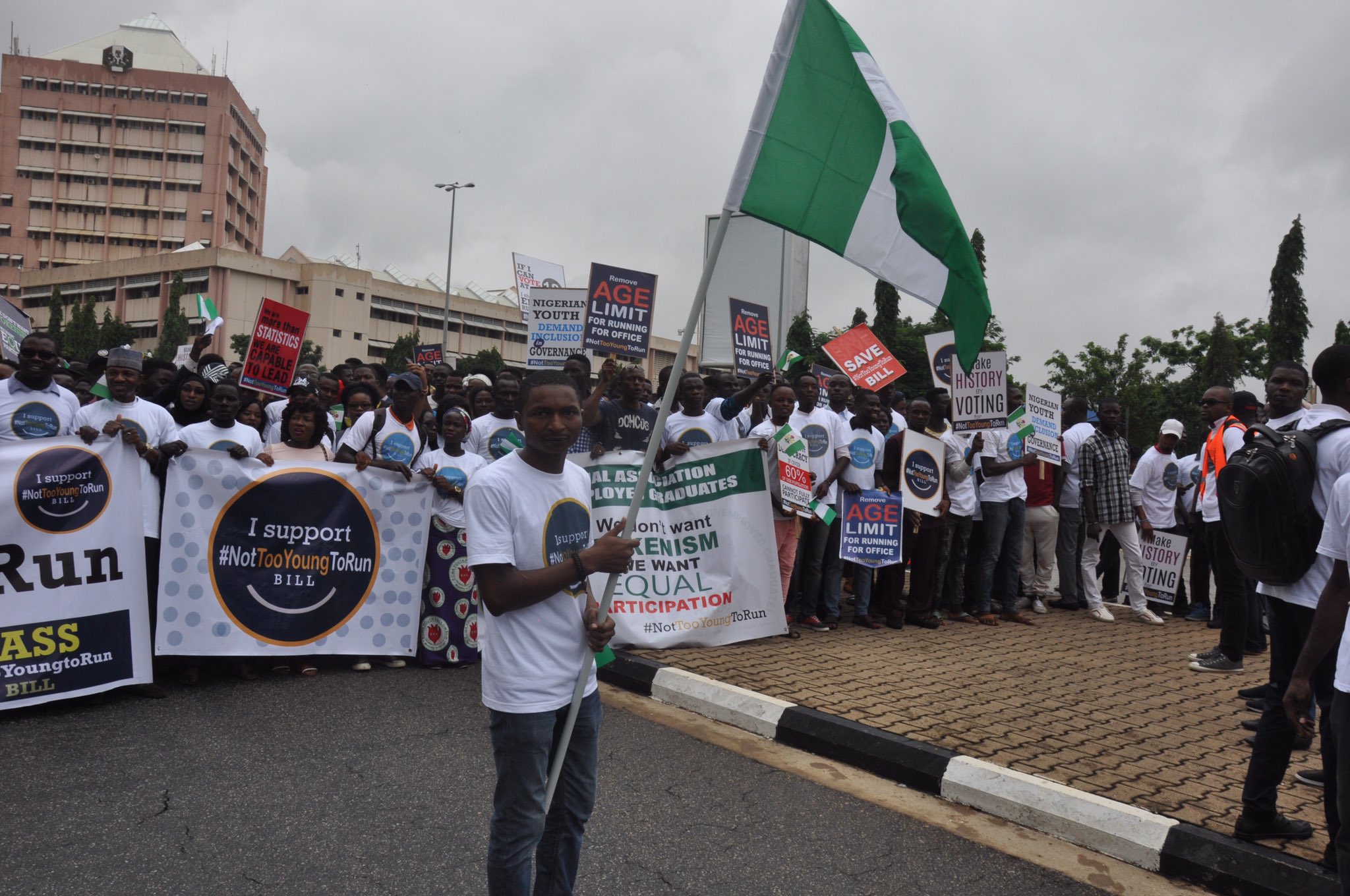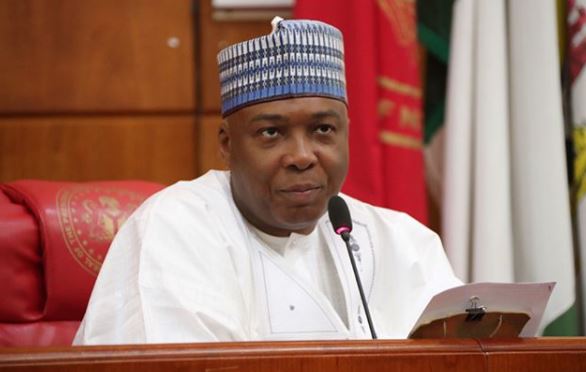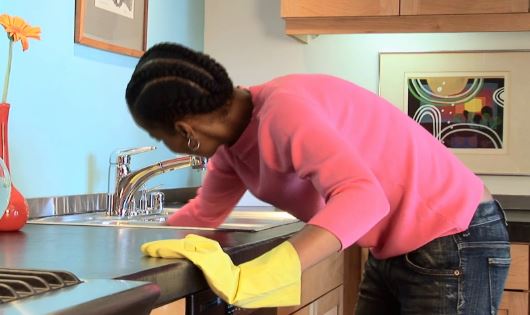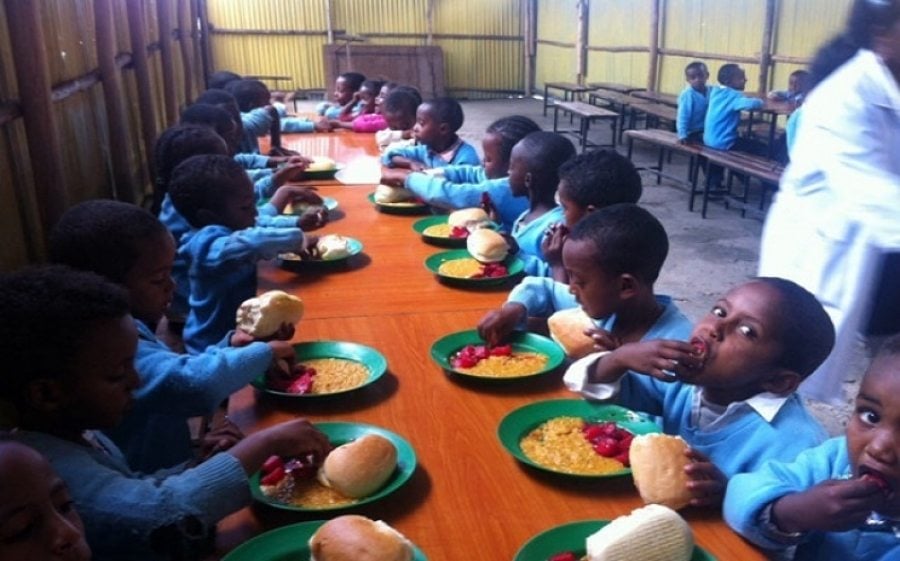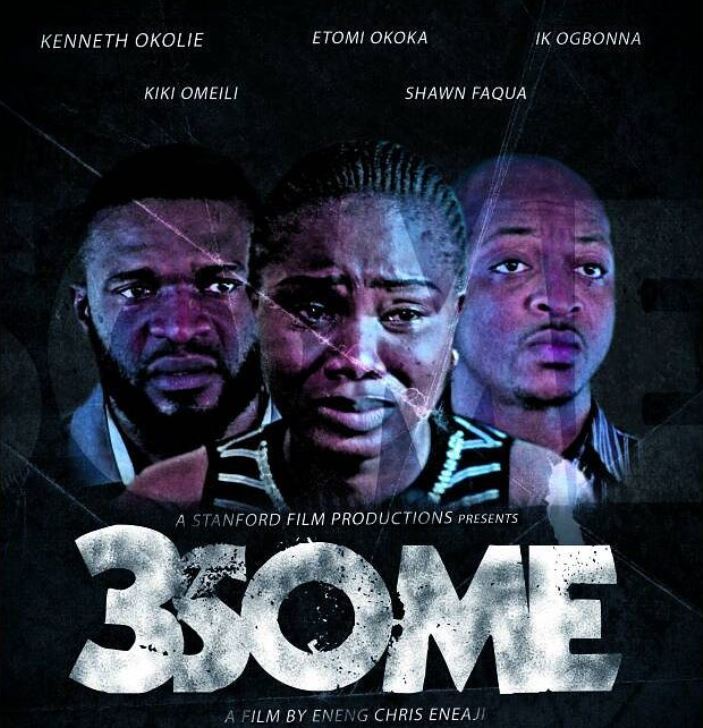BY CHIMEZIE ANAJAMA
It was a momentous joy on 30th May, 2018, when President Buhari finally assented to the NotTooYoungToRun bill, passed into law by National Assembly after it went round the houses of assembly of the 36 states of the federation where more than two-third voted in favour of it.
When the #NotTooyoungToRun surfaced sometime in 2011 on social media, many of the naysayers looked with pessimism on the outcome. Another charade pulled off by NGOs to collect some donor money and raise the hopes of young people in participating in Nigerian politics? At the state level, it met opposition in different forms which made its forerunner, YIAGA Africa, introduce some creative ways of shaming opposition. As a sociologist who understands instruments of social control and cohesion, I felt that public shaming was too mundane as a strategy to influence governance systems in Nigeria. But in the case of Taraba house of assembly, after being blacklisted in YIAGA`s Hall of Shame, few weeks later, the nil vote of the Taraba state legislators became upturned to yes. More than 26 state houses of assembly assented to it, surpassing the 24 states benchmark required for a constitutional amendment which the bill sought.
What this represents is that the old way of governance and politicking in Nigeria centred on gerontocracy is expected to faze away in few elections to come, replaced by a newer order led by young people who believe in their leadership ability, laced with service mindset and equipped with necessary skills expected of a 21st-century leader.
Advertisement
For the sub-national, like in Akwa Ibom State and elsewhere, the future implication is that there would be more 25-year-olds who would be policymakers at the state houses of the assembly, thus, leading to greater youth inclusion in that level which currently relegate Nigerian youth to lesser political roles of Personal Assistants, Executive Assistants and so on. Thus, Nottooyoungtorun presents the perfect opportunity for young people who have been mentees of leadership for a long time to become leadership mentors. In 2015 election for state houses of assembly, statistics showed that 25 percent of aspirants were below the age of 30 years old. 2019 election is expected to usher in younger aspirants.
On the flip side, as the bill became a law, there`s a serious question mark hanging on whether age was truly the hindrance that made young people shy away from political leadership. Election is not a cheap exercise in Nigeria. At the party level alone, nomination forms prices can be very scary for the youths of a country recently named the world poverty capital by American Based Brookings Institute in 2018 whose minimum wage is less than twenty thousand naira and unemployment rate in double digits. Beyond the nomination forms, the current order of political campaign is built on stomach infrastructure – where electorates are gifted with tangibles such as food, clothes, toiletries, money, etc in exchange for their votes. As terrible and absurd as it sounds, these are the obligations any aspirant would likely overcome to fulfil his political dream.
Youth advocates have however presented alternatives to future young aspirants. YIAGA, for instance, launched ReadytoRun platform, a follow-up for the new law for young aspirants to network, leverage on each other`s strengths, and access resources such as mentorship kits and materials that would ease their access to their political dreams.
Advertisement
In a radio interview in June 2018, the Akwa Ibom State Nottooyoungtorun campaign lead, Unyimeabasi Essien, advised that young aspirants can overcome the huge financial implications of Nigerian politics by employing theory of change – using what they have via negotiations and youth-to-youth leverages to get what they want. In his words, “young aspirants can use creative ways to overcome the monetization of Nigeria`s politics via dialogues and negotiations. In the party level, for instance, young people can negotiate for positions and dialogue with party leadership for affordable nomination forms; young aspirants should be heavily involved in social and development work in their communities in order to demonstrate their capacity for leadership to their people”.
This same position was re-echoed by Prince Israel Orekha, the Edo State Nottooyoungtorun campaign lead and Executive Director of Connected Advocacy – a youth leadership-focused non-profit. Already, Edo state has begun to demonstrate that it is truly doable for young aspirants to contest for election without breaking the banks. For instance, Accord Party in the state gives free nomination forms to young female aspirants while Democratic Alternative (DA) gives concession to its young aspirants and featured more than 15 of them in Edo state last LGA election in 2018. Mr. Prince attributed the progress of the parties in his state to the fact that some of them are youth-led and CSOs advocacies.
On the strategies young aspirants could employ to win elections, he advised that young aspirants should be very sure of themselves, be prepared to lead, have stronger message, build critical mass through increased awareness creation that would enable them change the narrative, consult heavily with key stakeholders, develop their core (caucus) and strategies, and work with key influencers that would in return influence the critical mass.
Chimezie Anajama is a sociologist and a development worker. She is currently the communications and stakeholder engagement lead of Policy Alert. She writes from Uyo.
Advertisement
Add a comment
